17 GPTs for Integration Testing Powered by AI for Free of 2025
AI GPTs for Integration Testing are advanced tools leveraging Generative Pre-trained Transformers to facilitate and enhance the process of integration testing. These tools are designed to understand and interact with complex testing frameworks, automating the generation and execution of test cases, and analyzing outcomes. Their role in integration testing is pivotal, offering tailored solutions that adapt to various testing scenarios, thus ensuring software components work together seamlessly.
Top 10 GPTs for Integration Testing are: AutoAI (Dev),PyTest Generator,Vitest Copilot,API Documentation,CircleCI Continuous delivery Expert,API Explorer,Unit Tests Helper,Arrange Act Assert,LawTask API Integration Assistant,Test Shaman
AutoAI (Dev)
Revolutionizing code generation with AI power
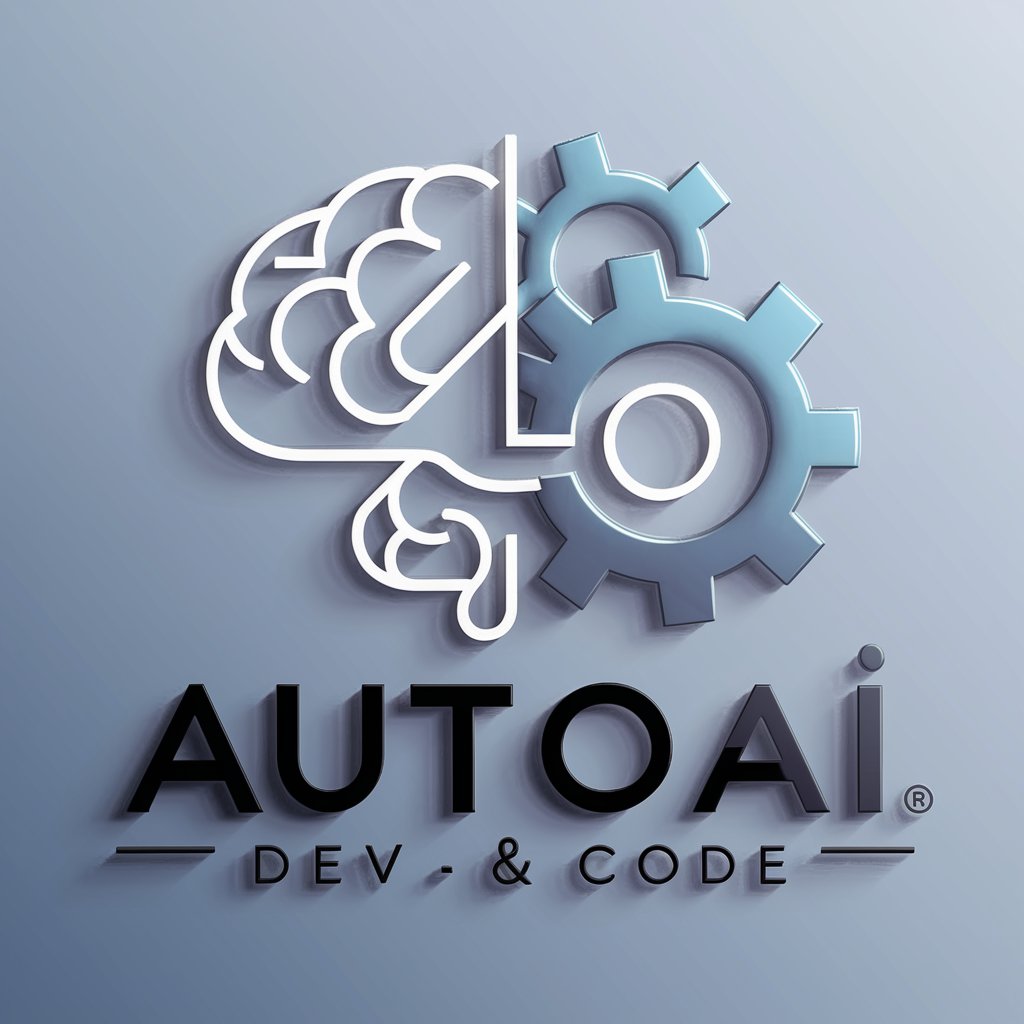
PyTest Generator
Automate PyTest code generation with AI.
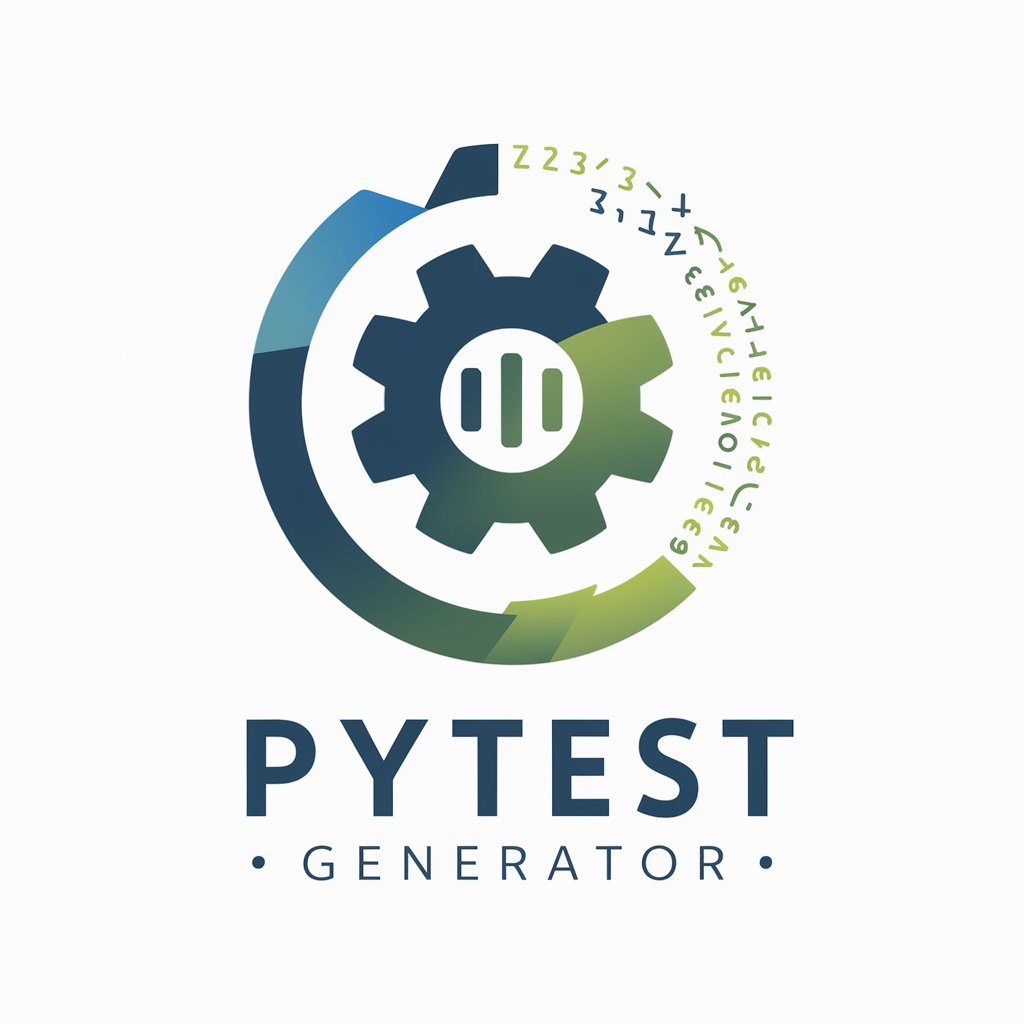
Vitest Copilot
Streamline Testing with AI-Powered Insights
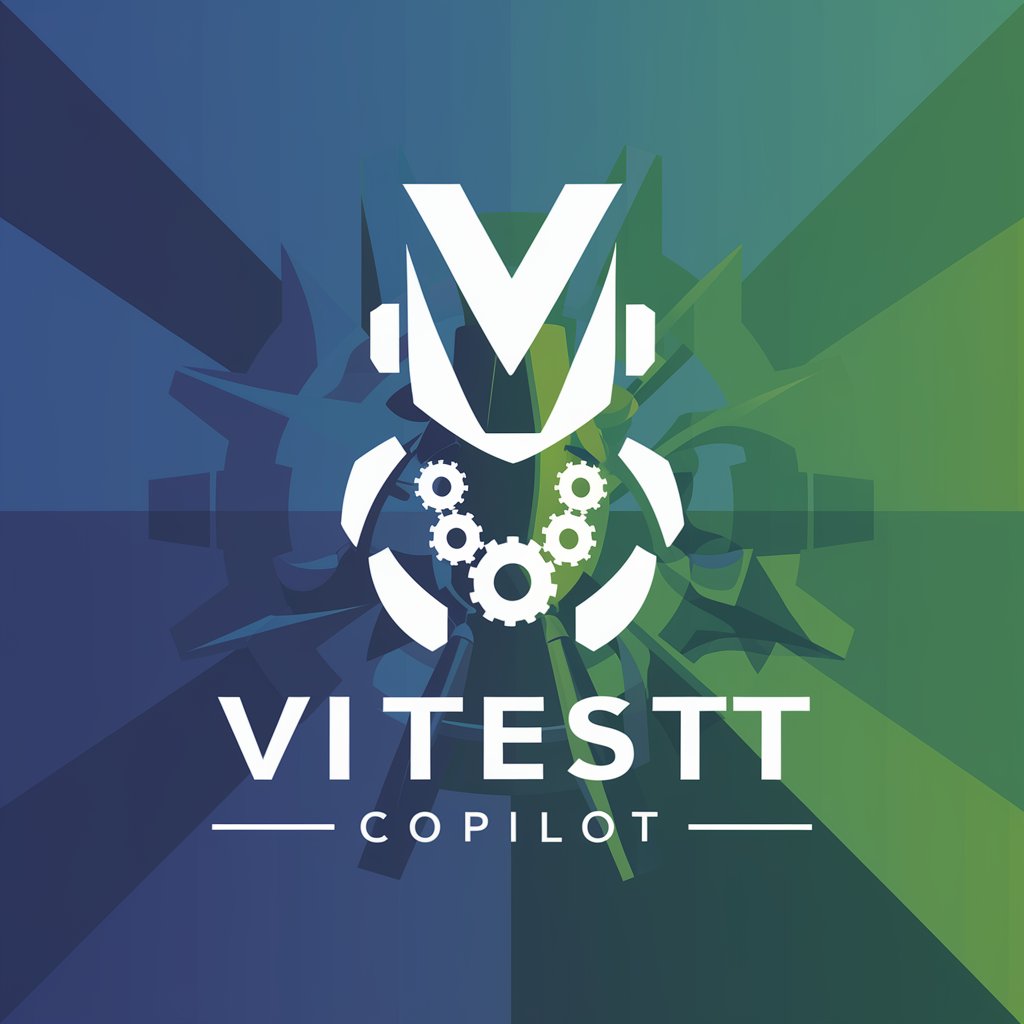
API Documentation
Empower your software with AI-powered insights
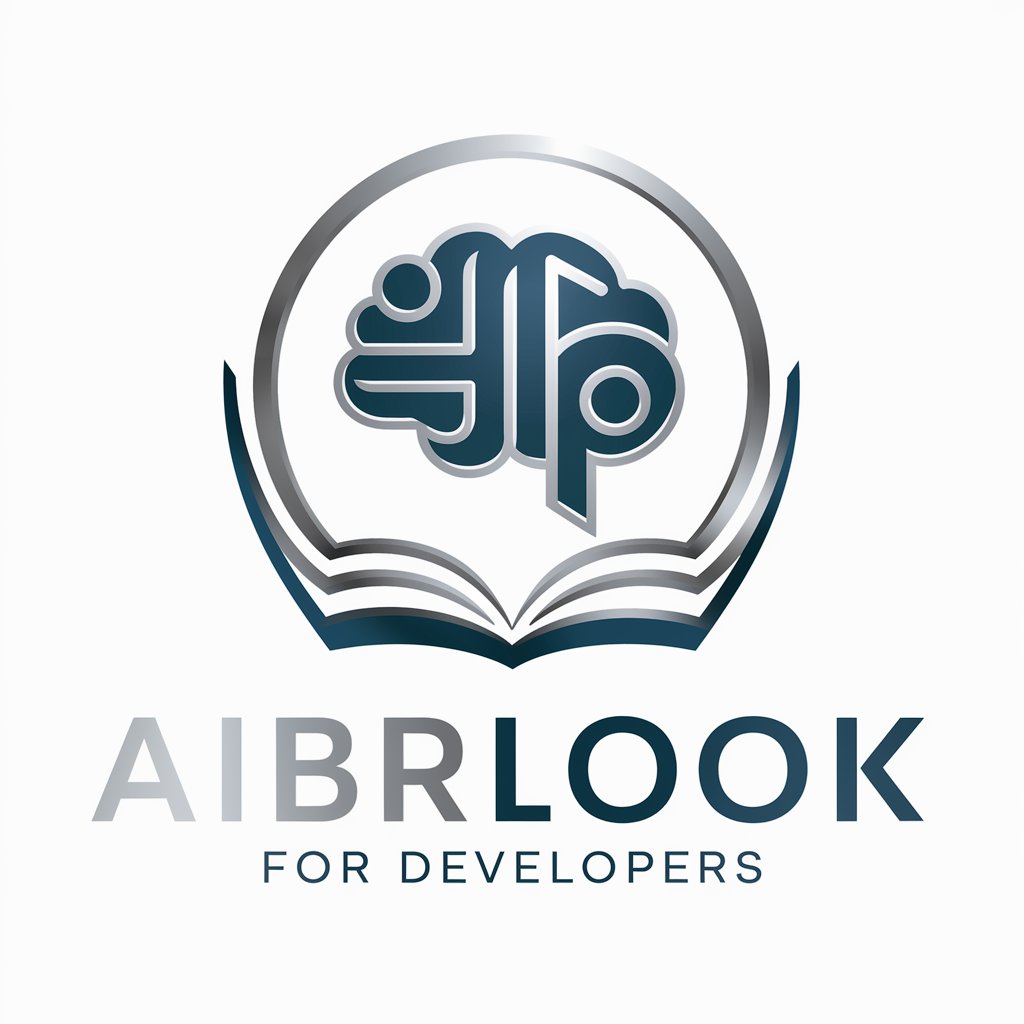
CircleCI Continuous delivery Expert
Streamline DevOps with AI-Powered CI/CD

API Explorer
Explore and Integrate APIs Effortlessly
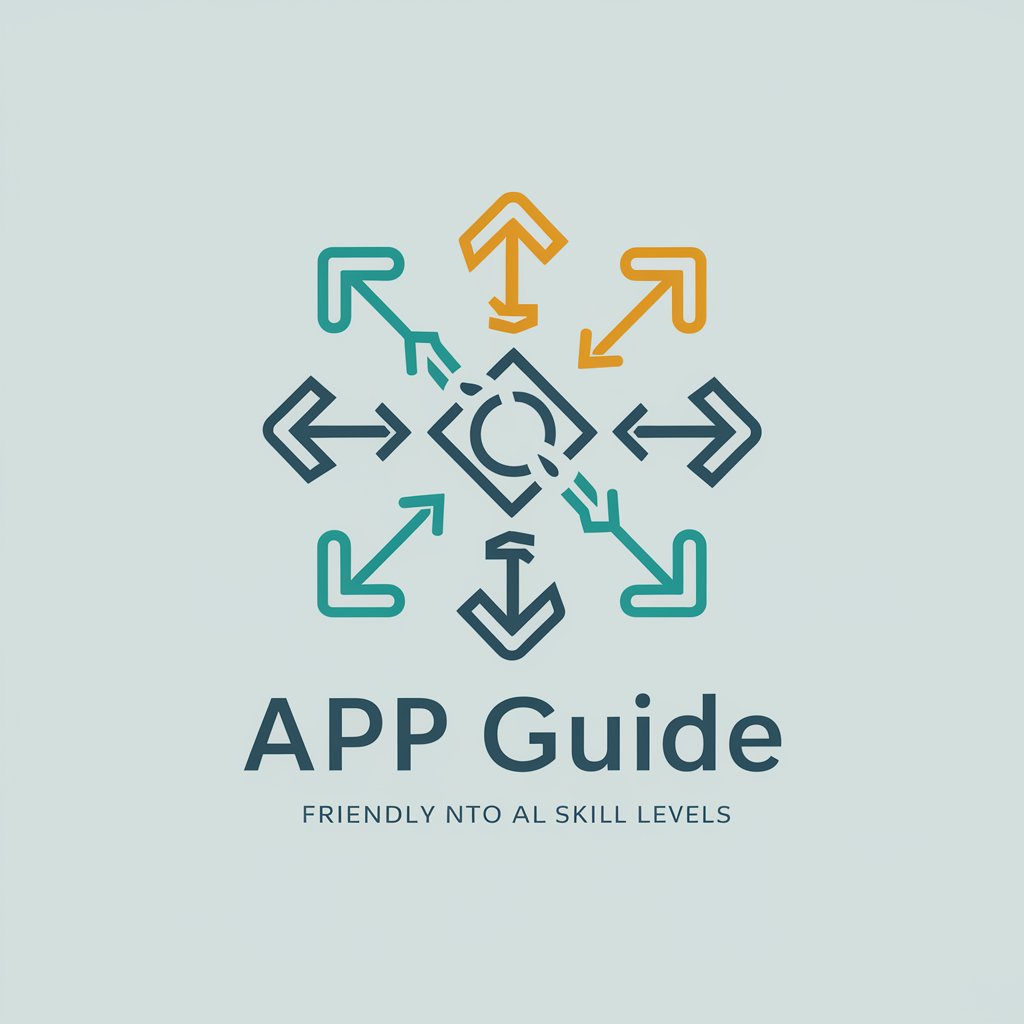
Unit Tests Helper
Empowering code quality with AI-driven testing support.
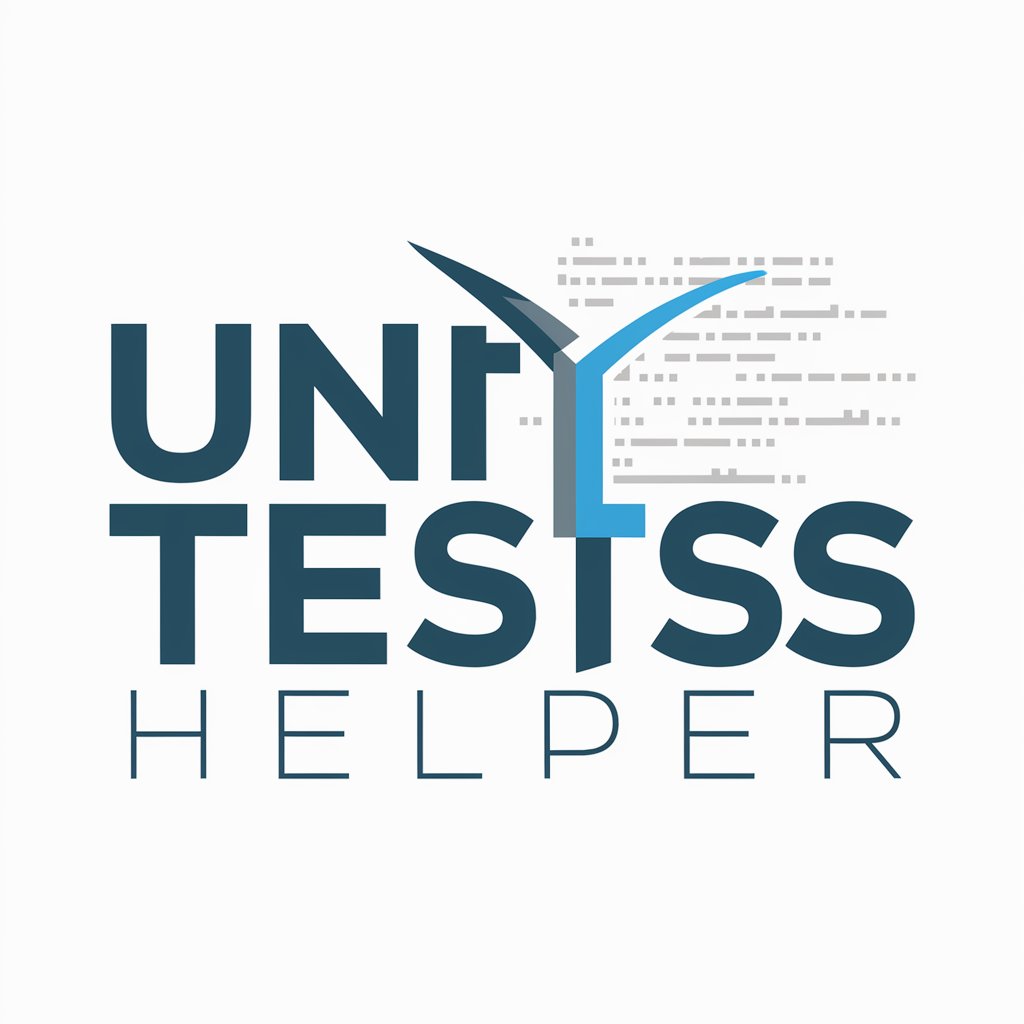
Arrange Act Assert
Streamline testing with AI-powered structuring.
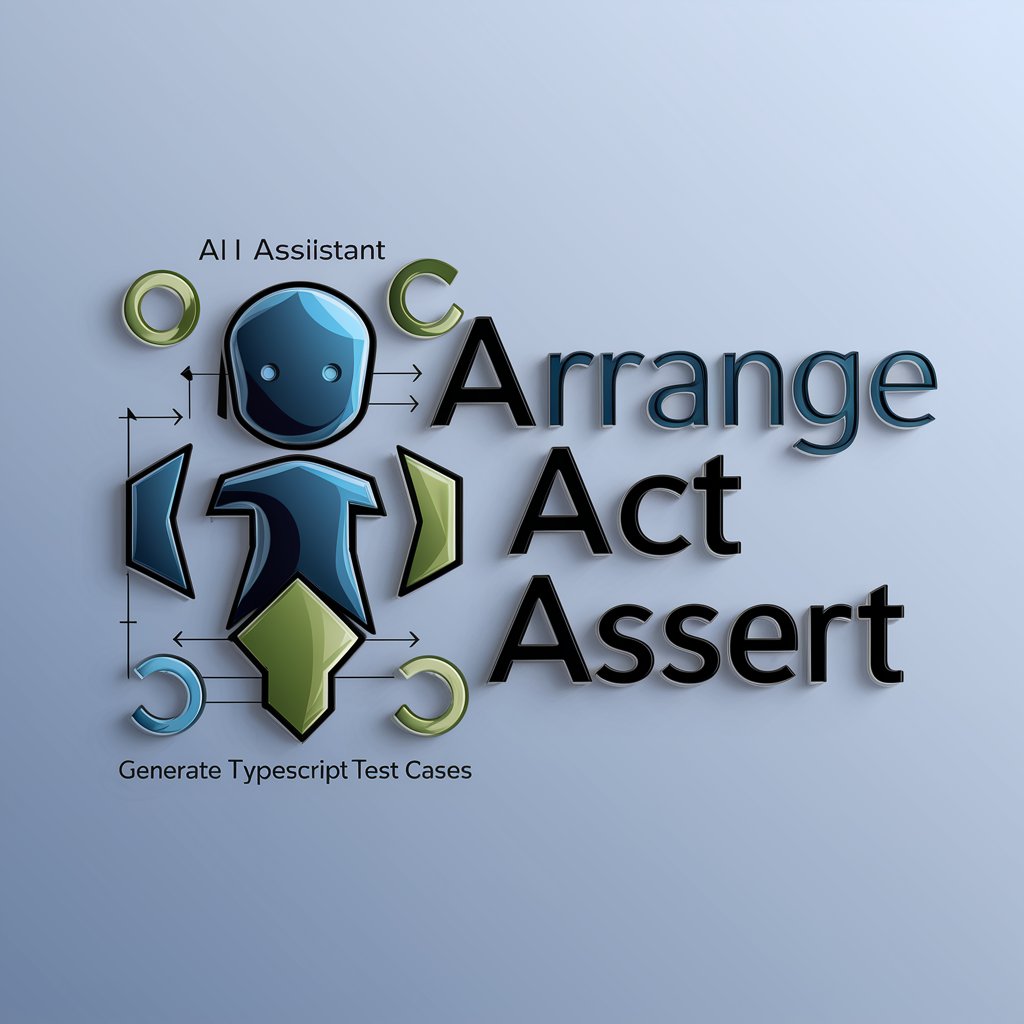
LawTask API Integration Assistant
Simplify CRM Integration with AI

Test Shaman
Demystifying testing, one step at a time
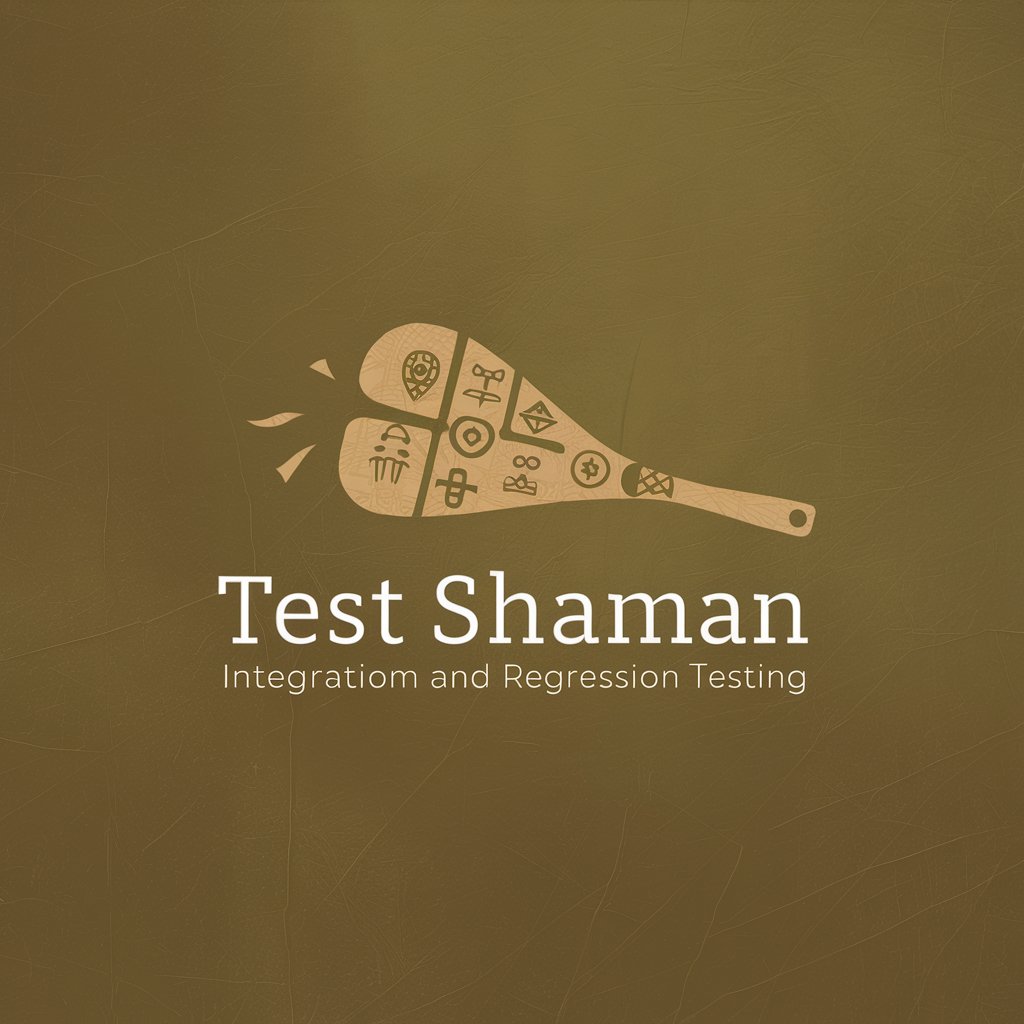
Kirkstone expert
Streamlining Yocto Development with AI

API Explorer
Demystifying API integration with AI-powered ease.
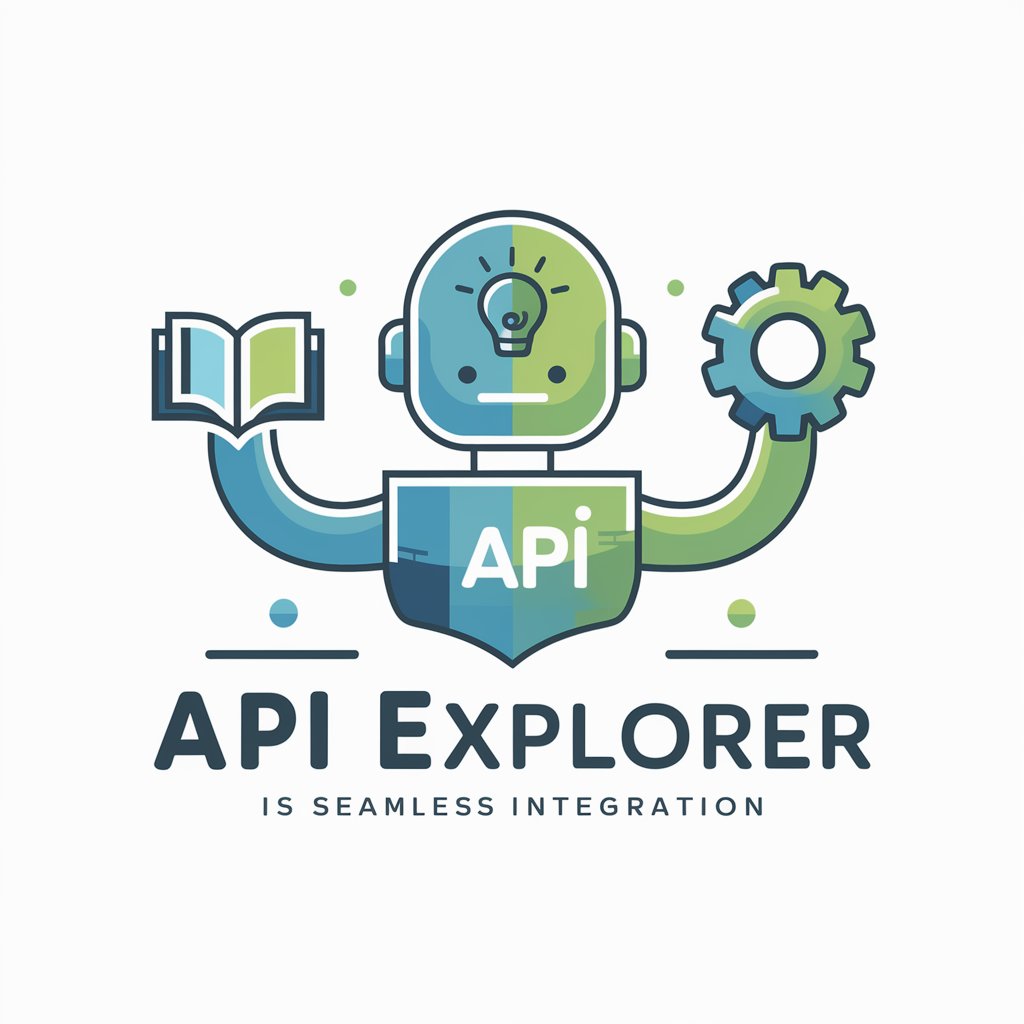
Mr Java Java
Enhancing Java Testing with AI Expertise
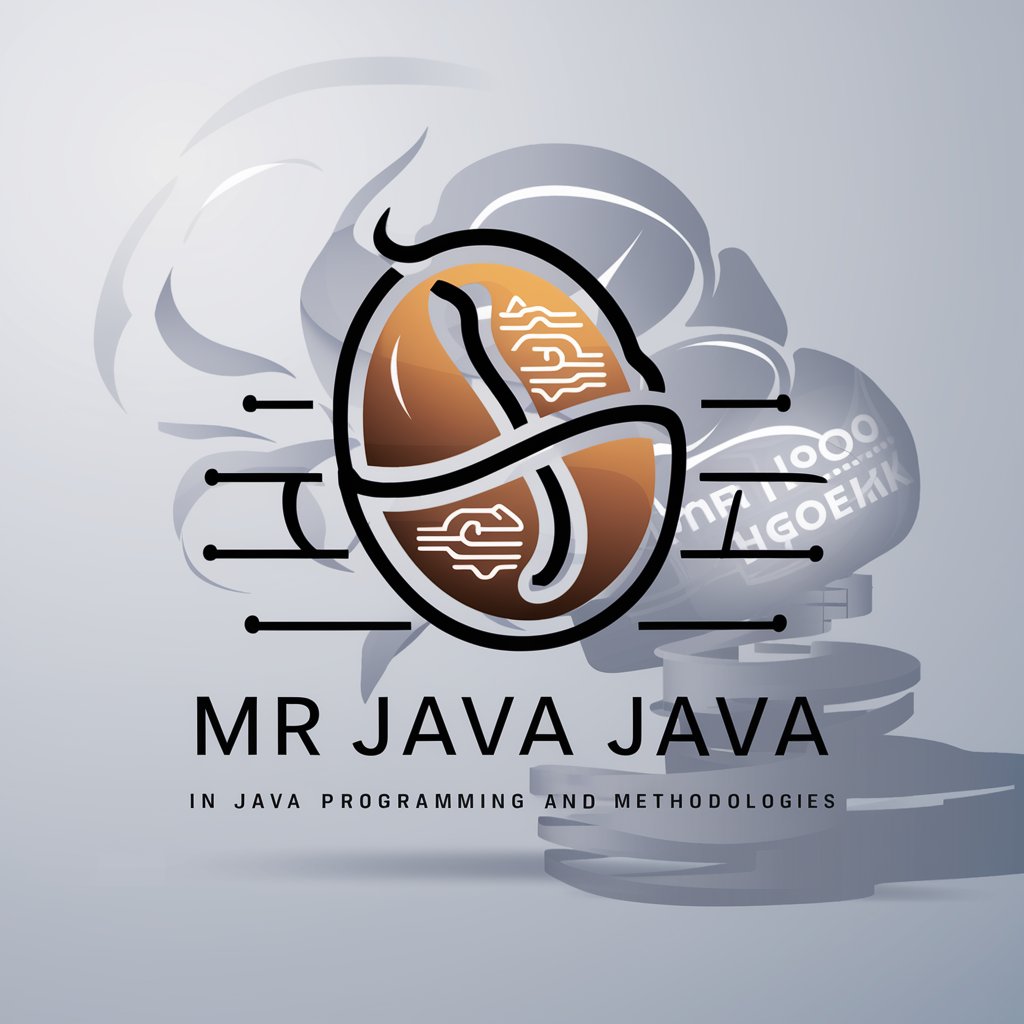
TestGPT
AI-powered testing strategy enhancement
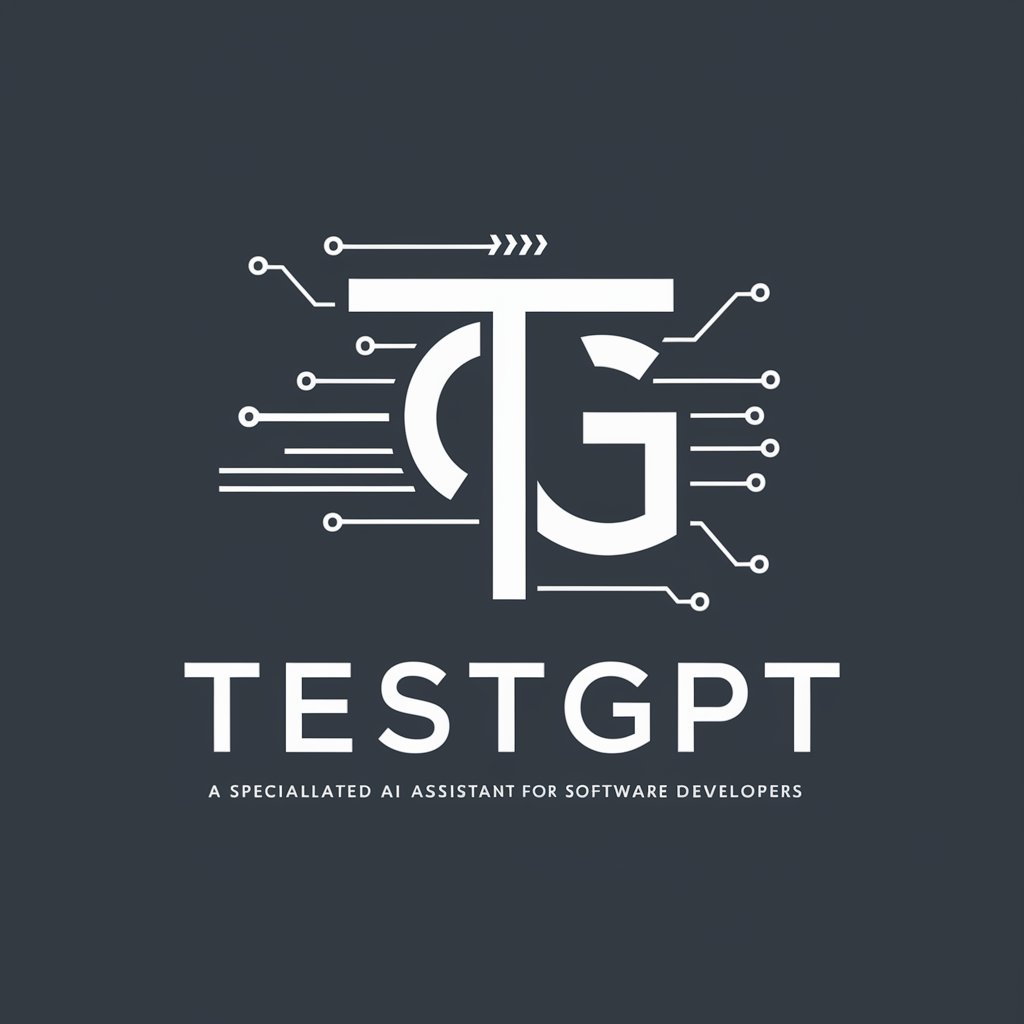
WithAI Coding Assistant for APIs and SDKs
Empowering developers with AI-powered integration support.
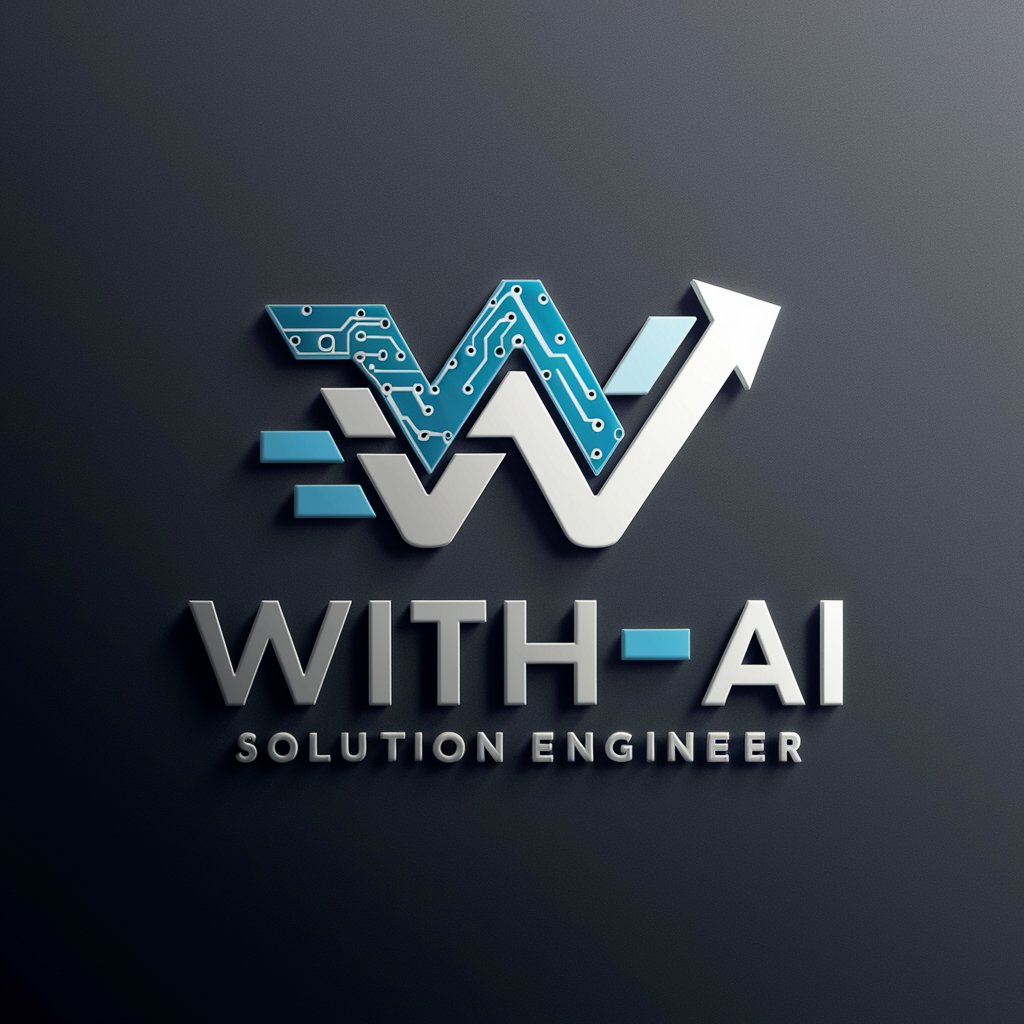
Unit Test Engineer
Simplify Testing with AI-Powered Insights
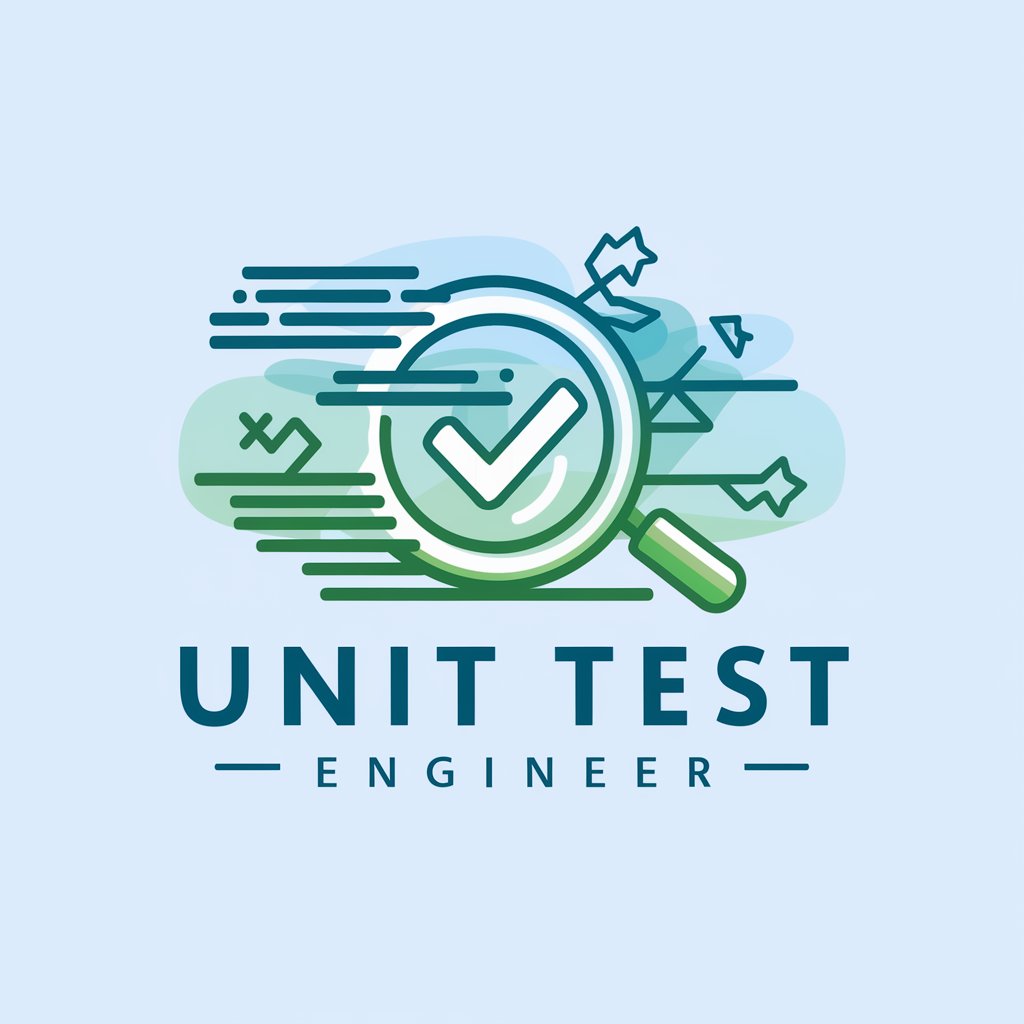
Rust: Crafting Code through Rigorous Testing
AI-powered Rust Code Tester
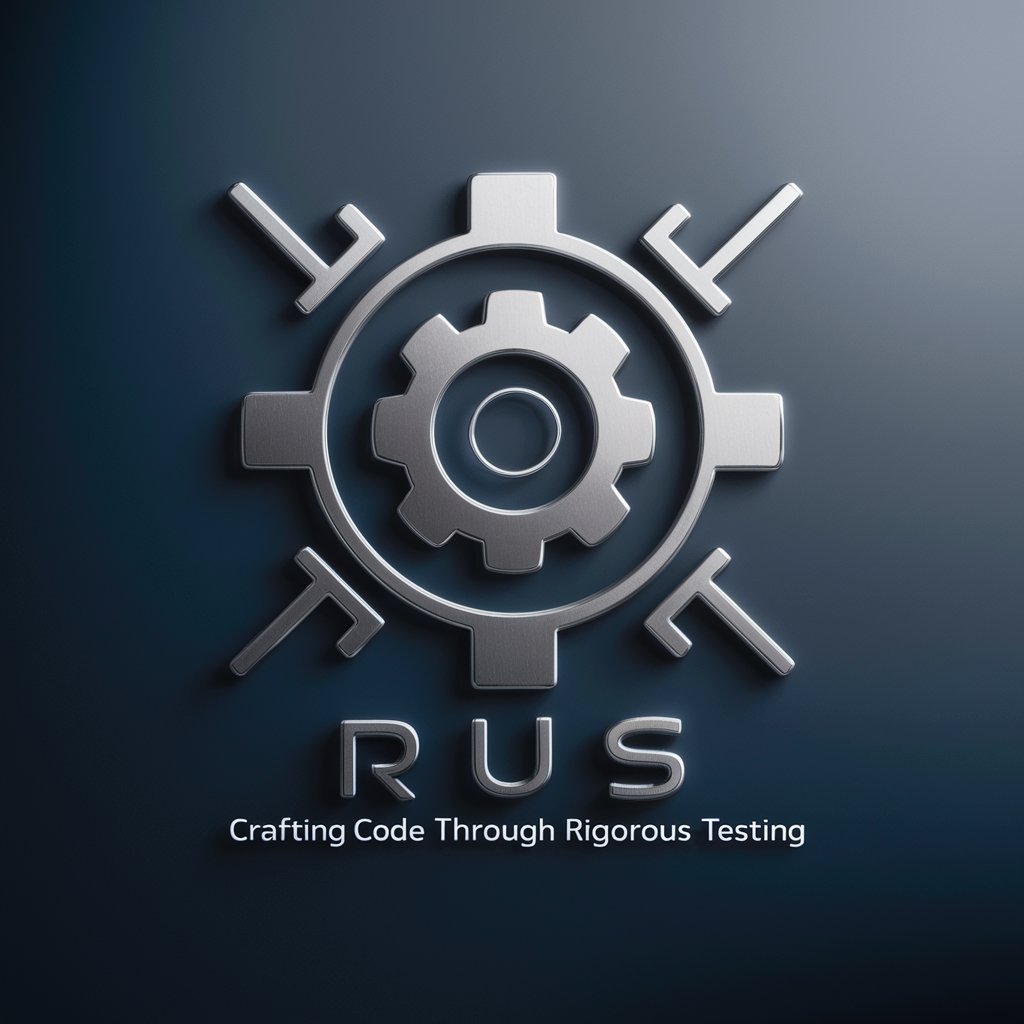
Unique Characteristics & Capabilities
AI GPTs tools for Integration Testing stand out due to their adaptability across different testing scenarios, from simple function tests to complex system-level validations. Key features include natural language understanding for generating test cases from plain descriptions, automated test execution, real-time debugging assistance, and comprehensive analytics for test results. Specialized features also encompass support for multiple programming languages, integration with existing CI/CD pipelines, and the ability to learn from previous test outcomes to improve future test accuracy.
Who Can Benefit?
These tools cater to a wide audience, including novices who are new to software development, developers seeking to streamline their testing process, and professionals in quality assurance and software testing. They are accessible to users without coding skills through user-friendly interfaces, while offering extensive customization and scripting capabilities for those with technical expertise.
Try Our other AI GPTs tools for Free
Equation Solving
Discover AI-powered GPT tools designed for solving equations with ease. Tailored for learners, educators, and professionals, these tools offer instant solutions, explanations, and visual representations, simplifying complex mathematical challenges.
Math Gaming
Explore AI GPTs for Math Gaming: Tailored AI tools transforming math learning into an engaging, interactive experience for users at all levels.
Study Prep
Unlock the future of study prep with AI GPTs: your personalized tutor for an interactive, tailored learning journey across disciplines.
Note Conversion
Discover how AI-powered GPTs transform note-taking with advanced summarization, translation, and organization features, making information management seamless and efficient.
Digital Cosplay
Discover how AI GPTs revolutionize Digital Cosplay, offering tailored design solutions, technical guidance, and innovative approaches for enthusiasts and professionals alike.
Fantasy Art
Explore the world of AI GPTs for Fantasy Art, where advanced machine learning meets creativity, enabling artists, writers, and enthusiasts to generate unique fantasy content effortlessly.
Expanding Horizons with AI GPTs
AI GPTs for Integration Testing not only streamline testing processes but also offer innovative approaches to software quality assurance. Their adaptability across various domains and user-friendly interfaces make them ideal for integrating with existing systems, fostering a culture of continuous improvement and efficiency in software development workflows.
Frequently Asked Questions
What is AI GPT for Integration Testing?
AI GPT for Integration Testing refers to the use of advanced AI technologies, specifically Generative Pre-trained Transformers, to automate and enhance the integration testing process in software development.
How do these tools improve the integration testing process?
By automating the generation of test cases, executing tests, and analyzing results, these tools significantly reduce manual effort and time required for testing, while improving test coverage and accuracy.
Can non-technical users operate these tools effectively?
Yes, with user-friendly interfaces and natural language processing capabilities, these tools are designed to be accessible and useful for users without coding skills.
What customization options are available for technical users?
Technical users can leverage scripting and programming interfaces to customize test generation, execution, and analysis processes, tailoring the tool to specific project needs.
Do these tools support continuous integration/continuous deployment (CI/CD) pipelines?
Yes, they are designed to integrate seamlessly with existing CI/CD pipelines, enabling automated testing within the software development lifecycle.
Can these tools learn from past tests to improve future testing?
Yes, many AI GPTs for Integration Testing incorporate machine learning to analyze past test results and adjust testing strategies for improved future outcomes.
Are there limitations to what these tools can test?
While highly versatile, these tools may require additional configuration for highly specialized or uncommon testing scenarios, and their effectiveness can depend on the complexity of the integration environment.
How do these tools handle complex, multi-component software systems?
They are specifically designed to handle complex software architectures, enabling detailed test scenarios that span multiple components and interfaces, ensuring comprehensive coverage.